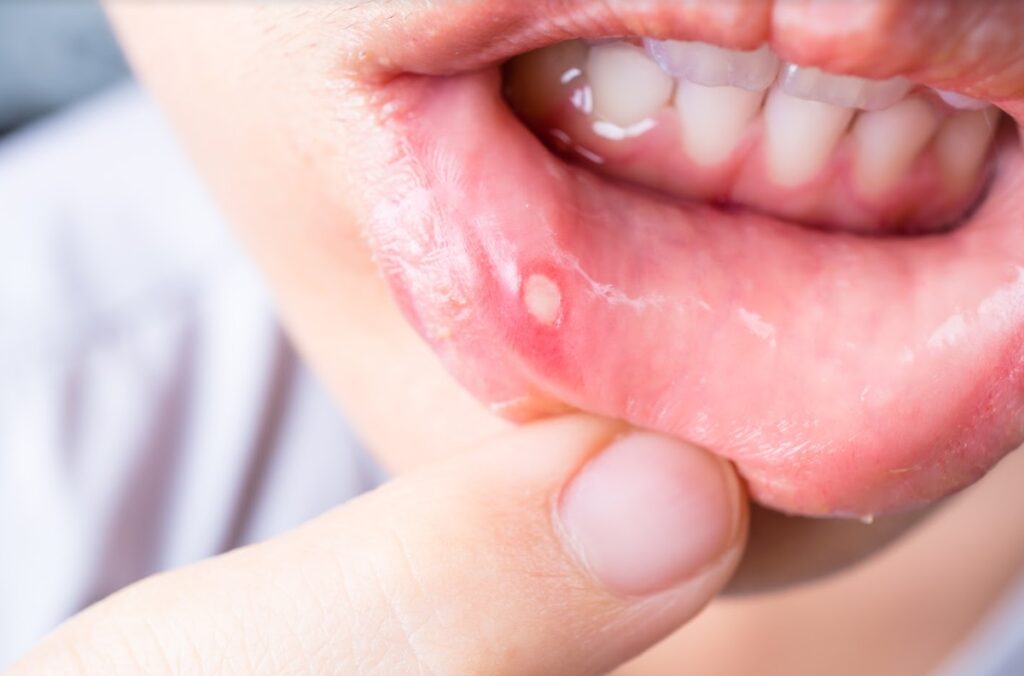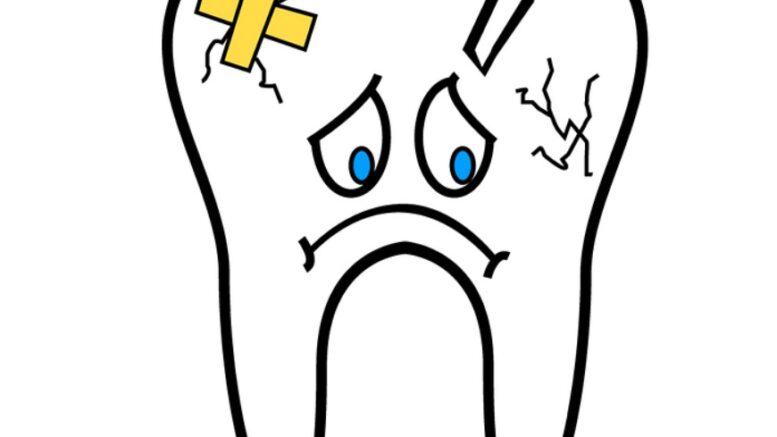Prevention is one of the most important strategies in ensuring that you have a healthy smile. That being said, even when your dental health is good, without proper care, problems will eventually arise. However, many of these problems can be avoided entirely with proper oral hygiene and good dental habits.
Read on for all the tips and tricks you need to maintain your smile.
Bad Breath
Bad breath or halitosis is very common, but it can be embarrassing. Halitosis is caused by other dental conditions such as gum disease, cavities, dry mouth or bacteria. But, it is most often caused simply by poor dental hygiene; tiny particles of food become trapped in the teeth and mouth, and so when they begin to break down, they smell.
Brushing regularly and drinking more water as well as using mouthwash can help. However, if you suffer from persistent bad breath, then you should consult your dentist to ensure that the cause is being treated too, not just the symptoms.
Tooth Decay
Tooth decay, or as it is often known, cavities, is an extremely prevalent dental condition. It often occurs when plaque combines with the sugars and starches of the things that you eat to produce an acid that then attacks tooth enamel. Early stages of decay can be repaired with dental fillings. Some people are under the impression that cavities are most commonly found in children, but they can occur at any age as your tooth enamel erodes.
The best prevention for cavities is regular brushing and flossing as well as dental check-ups. You may also wish to look at your diet and assess what you are eating. Avoiding foods and drinks that are high in sugar can also put a stop to tooth decay.
Gum Disease
Gum disease or periodontitis is an infection of the gums, and it is one of the leading causes of tooth loss in adults. Everyone runs the risk of gum disease, but it is far more common in adults over thirty. The symptoms can include bad breath, sensitive teeth, trouble chewing, and swollen, red, tender, or bleeding gums.
A dentist best treats this, but regular, thorough cleaning is the best preventative measure.
Mouth Sores
There are several different types of mouth sores, and they can vary in severity. Most often, they do disappear by themselves. The most common form are ulcers that form on the inside of the mouth and not on the lips. They are rarely contagious and can be triggered by a variety of things, including stress and anxiety. Blisters and cold sores are a little different as they often occur on the outer edge of the lips, and they are contagious. Sores are also seen in oral thrush cases.
A good rule of thumb is that if they persist after a couple of weeks, you should then seek medical or dental advice, but by in large, they do tend to clear up on their own.

Tooth Erosion
This refers to a loss of tooth structure most commonly caused by acid attacking the enamel on the teeth. It can range in severity and at the far end of the spectrum can lead to cracks and partial tooth loss. Teeth can erode because of several factors, most commonly dietary, but it can also result from illness or environmental factors.
Consult your dentist for treatment, but there are some things that you can do at home to minimise the damage, such as overhauling your diet and switching to a soft-bristled toothbrush. Drinking through a straw is also meant to help as the sugar has less contact with your teeth.
Sensitive Teeth
Many people are afflicted with tooth sensitivity. When pain is experienced from the teeth being exposed to sweet things or temperature changes, some people can even experience pain from brushing and flossing their teeth. It can also be a sign of other dental conditions.
If the sensitivity develops suddenly, you should consult your dentist to find the cause. If it is a slower onset, you can slow the process down with sensitive toothpaste.
The Importance of a Good Dentist
Having regular check-ups from your dentist is an essential part of your preventative care plan. They can often spot potential issues sooner than you would notice them yourself, meaning that you can treat them before they become too severe. Make sure you do your research before picking your dentist. There are several things that you should look for, including accreditations, locale, experience and cost. For example, if you are looking for a dental practice in Brisbane, you should consider Pure Dentistry, which you can find at https://www.puredentistry.com.au/. They have a highly qualified and experienced team to help you with whatever dental issues you may face.
In Conclusion
Prevention is far more effective than a cure. Thorough regular cleaning and regular dental check-ups are the best weapons in your arsenal for avoiding future dental issues. Take the time to take proper care of your teeth; there are no quick fixes. If you need a recommendation, Check out this dentist in san antonio to get started.
